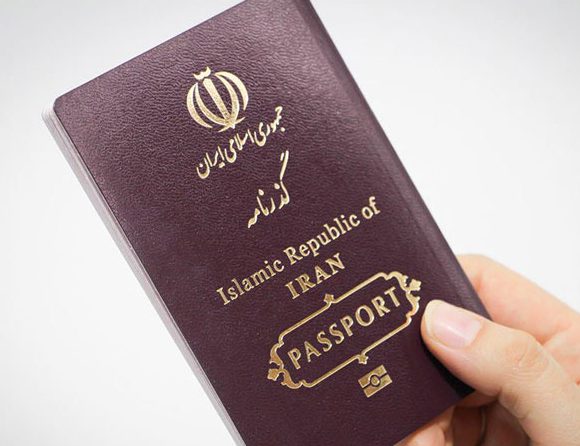New Legal Reform Would Let the Iranian Nationality to Pass from Mothers to Children
In It’s May 12, 2019 session the Parliament of Iran passed a bill which allows the children born to Iranian mothers to request Iranian nationality.
Previously, Iranian nationality could only pass from fathers to children. This created a lot of social problems, as there is a large number of children born to Iranian mothers and foreign fathers who are living in Iran and the current laws deprive them of their nationality rights. The status quo was also criticized by women’s rights activists.
Civil Code of Iran, articles 976 to 991, deal with Iranian nationality and its acquisition. The aforementioned problem, did not exist for children born in Iran, as according to subsection 4 of Article 976 of Civil Code, a child born in Iran would be considered an Iranian national if either of his parents were also born in Iran. However, a child born to an Iranian mother outside of Iran, could not acquire Iranian nationality.
According to the current reforms, a child born to an Iranian mother, if over 18, would be able to apply for Iranian nationality. If under 18, the Iranian mother would be able to apply on the child’s behalf. The new reform also allows the foreign father of an Iranian child to apply for residence permit.
The bill still needed to be approved by the Guardian Council which controls its contents in terms of compatibility with the country’s Constitution and the rules of Sharia. The Council examined the bill of the Parliament in its meeting of May 23, 2019 and objected to the bill on security grounds. According to the Guardian Council the general permission to acquire Iranian nationality or residence permit neglects the cases where there are a security concerns regarding the applicant.
In Its session of June 16, 2019, the Parliament of Iran amended the bill to include exception for security concerns as objected by the Guardian Council. At this stage, the Council should examine the amended bill and approve it before it is signed into law.
Submitted by: Dr. Mahnaz Mehrinfar & Dr. Shahin Fadakar

